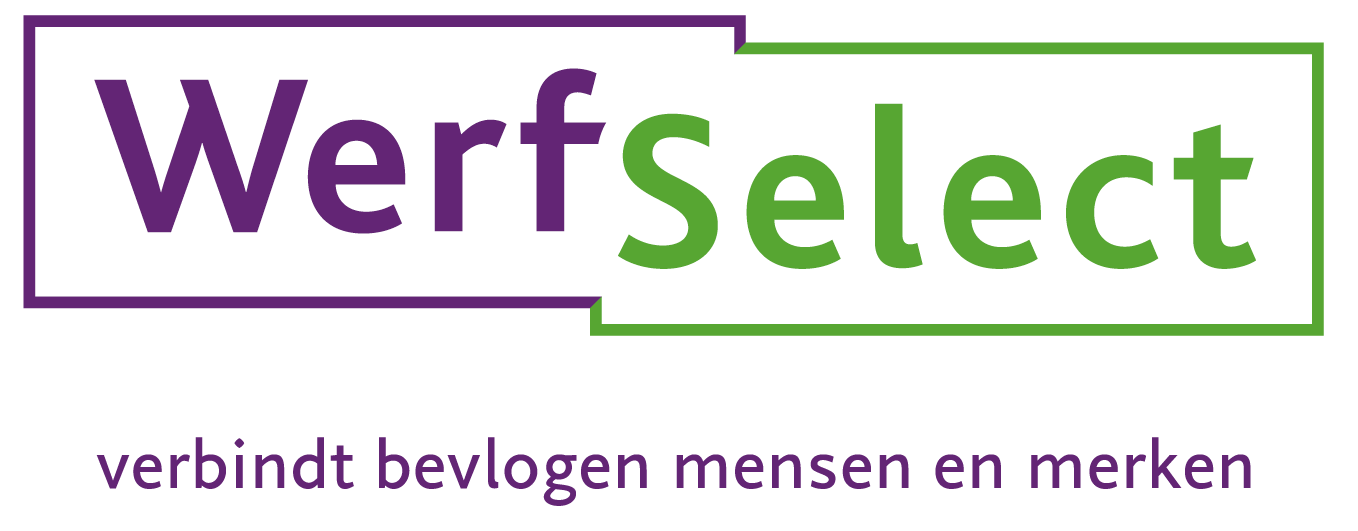Interim hiring is an increasingly popular choice for many companies that need expertise quickly without the obligations of a permanent hire. But what exactly does this practice entail and why do organizations decide to hire interim professionals?
What is interim hiring and why do companies choose it?
Interim hiring refers to the temporary hiring of a professional to perform specific tasks or projects. Companies often choose this option when faced with a sudden skills shortage, temporary staff absence or when a specific expertise is needed for a project. This practice offers companies the flexibility to respond quickly to change without the long-term commitments associated with permanent employment.
What differentiates interim hiring from traditional hiring is the speed and flexibility with which an organization gains access to needed skills. Instead of going through an extensive recruitment and selection process, companies can get the right expertise quickly through interim professionals. This is especially useful in industries that are constantly evolving or where technological change is rapid.
Benefits of interim hiring
One of the main advantages of interim hiring is the flexibility it provides. Companies can easily respond to increasing workloads or unexpected changes without worrying about long-term contracts. Moreover, interim specialists can solve specific problems quickly thanks to their specialized knowledge and experience.
Interim hiring is also often cost-effective. Although the hourly rates of interim professionals can be higher than those of permanent employees, you save costs such as pension contributions and other fringe benefits in the long run. In addition, you avoid the costs and time associated with the extensive hiring process of a permanent hire.
Disadvantages of interim hiring
Despite the many benefits, there are also drawbacks to interim hiring. One of the biggest challenges is that it can be more expensive in the long run if interim professionals are constantly being used. The higher hourly rates can add up over time, especially if long-term projects are involved.
In addition, integration problems may arise within the team. Interim professionals have less time to adjust to the company culture and therefore may have difficulty fully integrating into the team. This can lead to communication problems or even resistance from permanent employees.
How interim hiring compares to permanent hiring
Comparing interim hiring with permanent hiring reveals several aspects. In terms of cost, interim hiring can be more advantageous for short-term projects, while permanent hiring is more favorable for long-term needs. The time investment is often lower with interim because you can move quickly and bring in experts without lengthy selection procedures.
Flexibility is another differentiator. If your company often faces changing projects or seasonal peaks, interim hiring offers the agility needed. For stable, long-term positions, however, a permanent hire may offer more continuity and commitment.
In conclusion, choosing between interim and permanent hiring depends heavily on the specific needs of your organization. At WerfSelect, we offer support and advice to make the best choice for your situation. Whether you are looking for temporary expertise or a long-term hire, we will be happy to help. Find out more about how to post a job or contact us for a customized solution.






